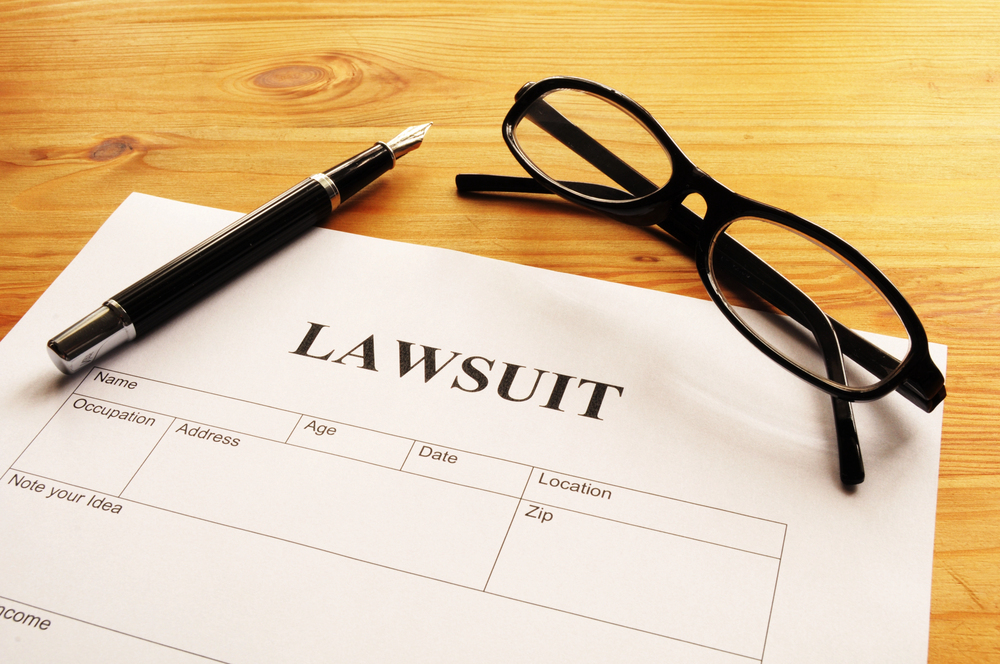Unlike the other states, Texas does not require most employers to have worker’s compensation insurance. If you have been injured while working, but your employer doesn’t have worker’s compensation insurance, read on for the advice of workplace injury lawyers in Houston, TX on what you should do next.
Can I Sue My Employer If I’m Injured at Work and They Don’t Have Workers’ Compensation Insurance?
In a word, yes! What is now known as workers’ compensation began as part of the Industrial Revolution. It was described by some as The Great Bargain; an agreement that in return for giving up their right to sue, injured workers would receive prompt medical treatment and a percentage of lost wages. However, if your employer is a non-subscriber, you have the right to sue them.
Around 28% of the employers in Texas do not subscribe to worker’s compensation insurance. Sometimes these employers have their own private insurance for worker injury claims, and sometimes they do not have any sort of insurance but plan to pay for any injury claims out of their own funds.
Regulations for Non-Subscribers
As well as informing the state that they do not plan to subscribe to workers’ compensation insurance, an employer must let their employees know that they are a non-subscriber. New employees must be notified in writing, and employers must also post a notice somewhere obvious in the workplace where all employees can see. An employer must not hide from their employees that they are a non-subscriber.
Filing a Lawsuit Against a Non-Subscriber Employer
When an employer opts out of workers’ compensation, they lose certain legal protections afforded to workers’ comp subscribers. For example, they are not allowed to argue that your own actions contributed to your injury or that you “assumed risk” by taking on the job or accepting dangerous working conditions. These restrictions can make it easier for you to succeed in a lawsuit.
Proving Negligence
To succeed in a lawsuit against a non-subscriber employer, you must generally demonstrate that the employer’s negligence caused your injury. This can include situations where the employer failed to provide adequate safety equipment, neglected to maintain a safe working environment, did not properly train employees, or ignored known hazards.
Types of Compensation Available
Non-subscribing employers are liable for more damages than in a worker’s compensation claim. They are not only liable for your medical bills and lost wages, but can also be sued for non-economic damages such as pain and suffering, mental anguish, and loss of quality of life, which are not typically covered in the workers’ compensation system.
The Benefits of Consulting Workplace Injury Lawyers in Houston, TX?
Unlike a workers’ compensation claim, which follows a standardized process and is handled through the Texas Department of Insurance, a claim against a non-subscriber employer is often more complicated. Depending on the circumstances, you may have to deal with a private insurance company or sue your employer directly. In either case, having an experienced lawyer on your side can make all the difference. To find out more on how to get started with a claim, click here.
Texas does not mandate that every company carry worker’s compensation insurance, but that does not mean that your employer is free from liability if you are injured at work. You have the option to file a personal injury lawsuit against them, which can provide broader compensation than a standard workers’ comp claim, covering both economic and non-economic damages.

